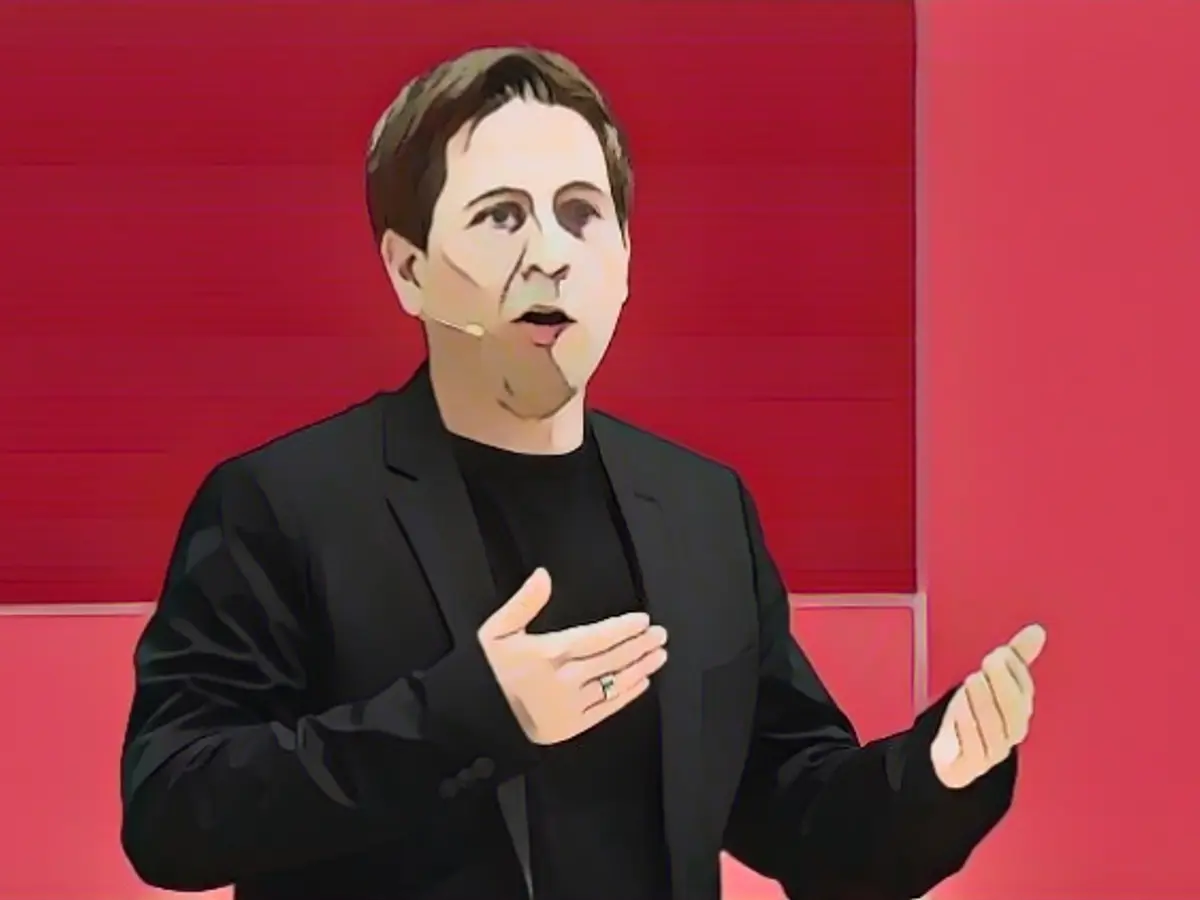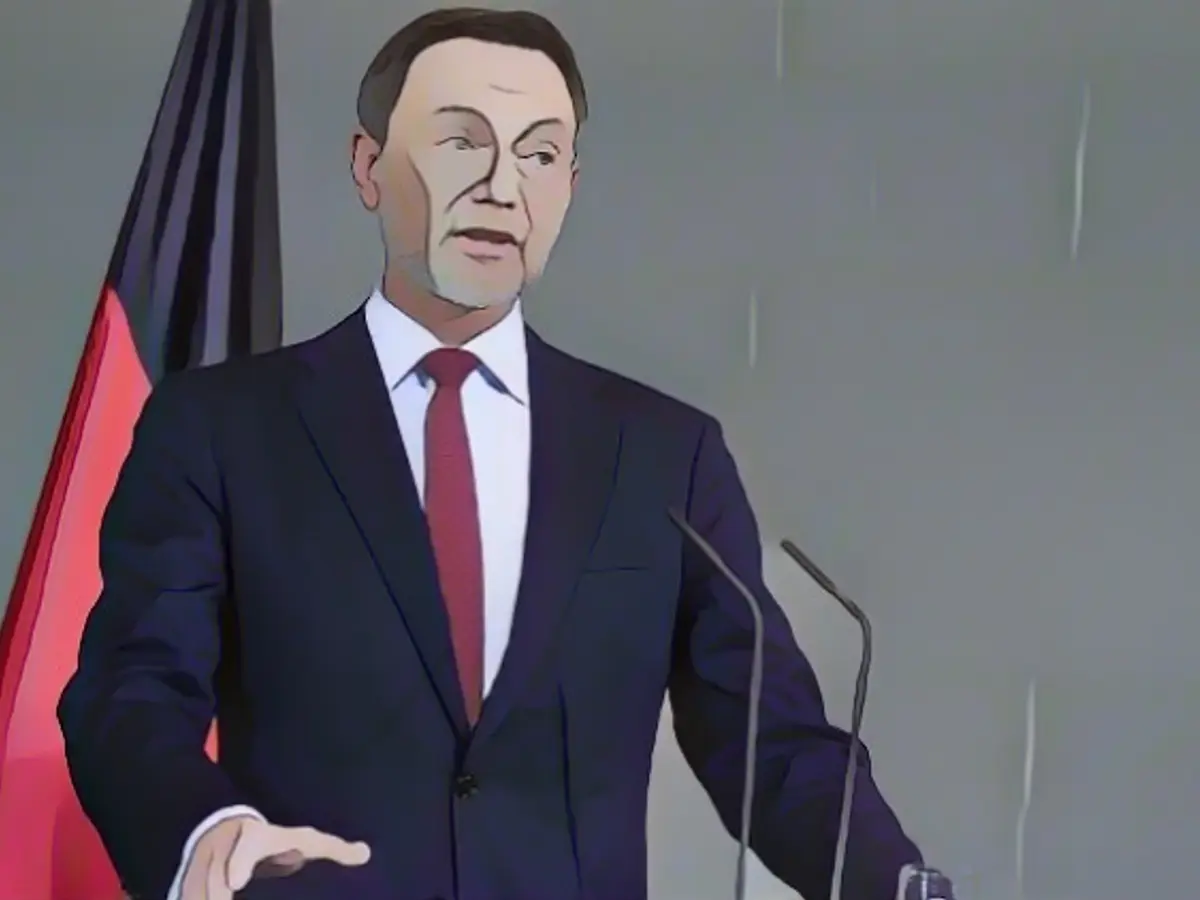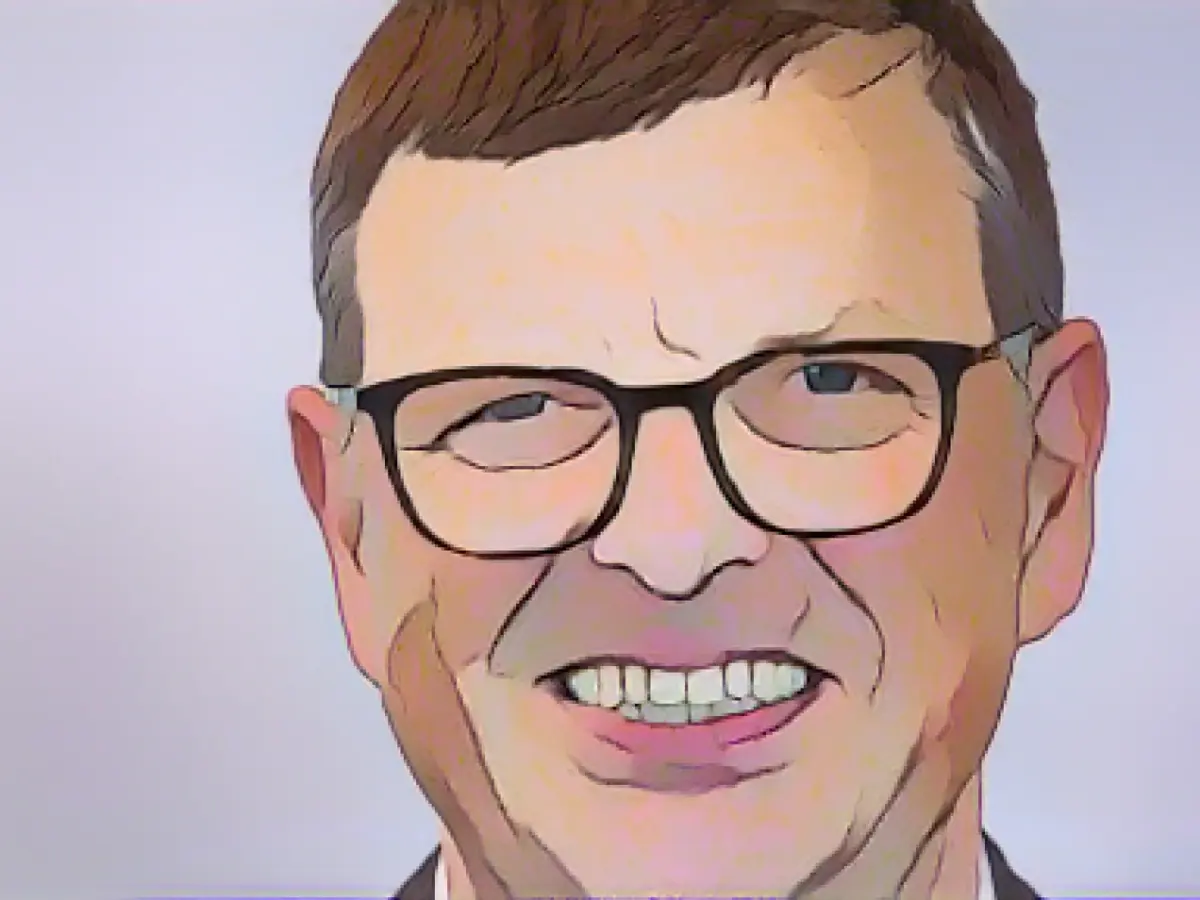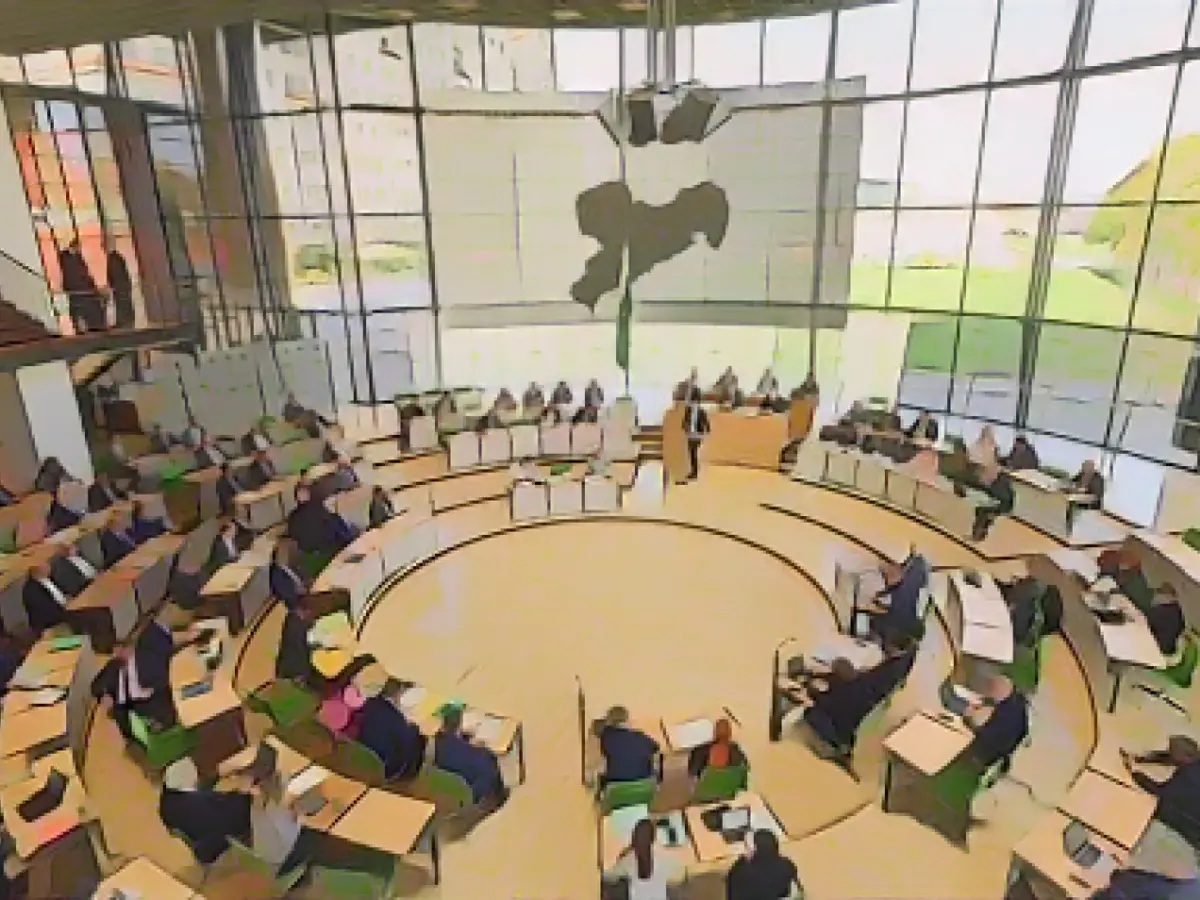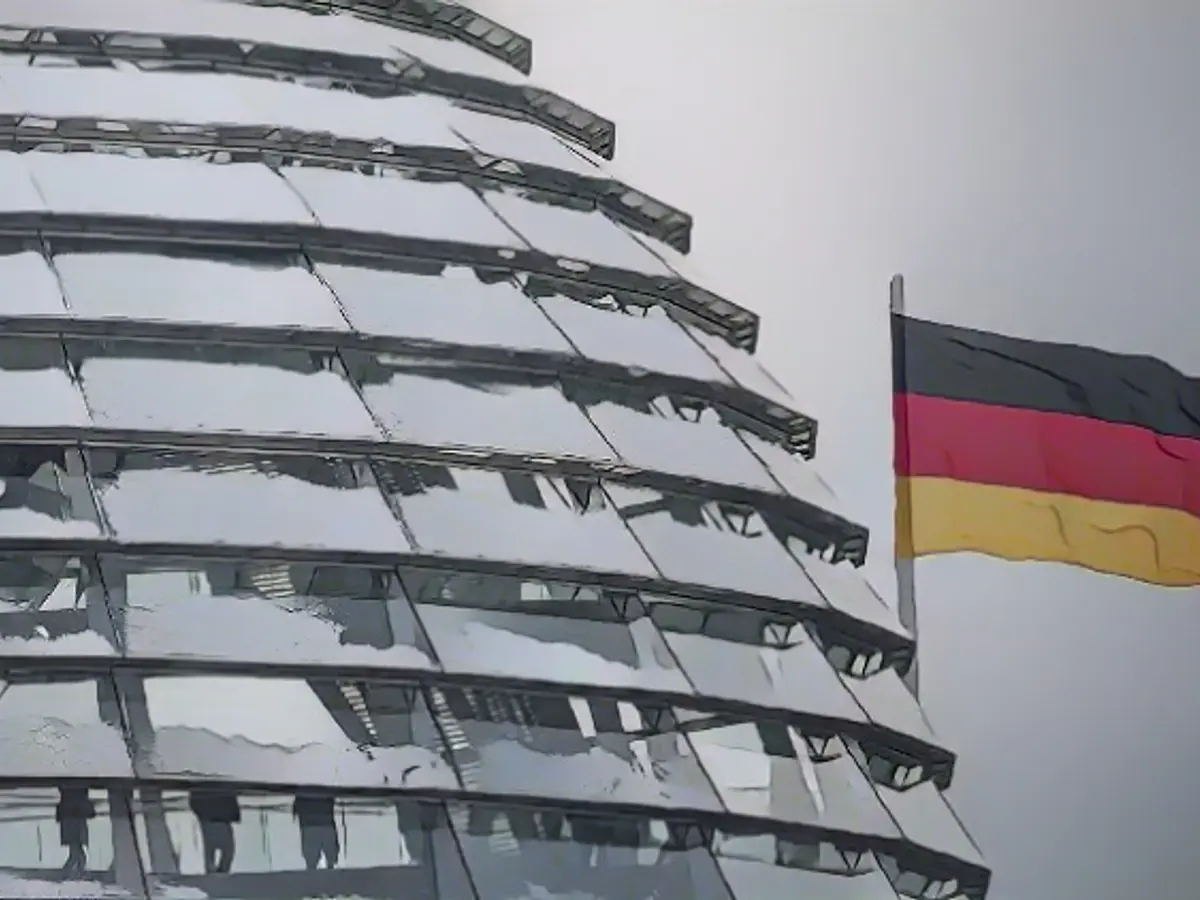Kühnert Points to Ukraine Crisis as Justification for Debt Ceiling Suspension in 2023 and 2024
In a recent interview, SPD General Secretary Kevin Kühnert pointed to the ongoing crisis in Ukraine as the reason for suspending the debt brake in 2023 and 2024. Kühnert stated that "external circumstances, such as the Ukraine war, [have] caused enormous costs that were not foreseeable in the long term" (Rundfunk Berlin-Brandenburg's Inforadio).
Kühnert further explained that this unusual situation justifies the suspension of the debt brake this year and next. He added that the "same will of course apply for next year."
The need for such a suspension becomes apparent when considering the Federal Constitutional Court's recent decision to declare the replenishment of the Climate and Transformation Fund (KTF) with unused loans from the coronavirus pandemic as inadmissible. This decision poses a challenge for the "traffic light" coalition's energy transition projects, which require an additional 60 billion euros in funding until 2027 (ntv.de).
Kühnert admitted that he is not aware of any savings proposal that could generate 60 billion euros without causing significant societal harm. Consequently, he argued that an exception to the debt rule in an emergency situation is a valid solution. This exception, he believes, is required to finance the critical investments needed for the energy transition, which cannot be financed from the core budget.
Background on the Ukraine War and Its Impact on German Fiscal Policy
The ongoing Ukraine conflict has played a significant role in the debate about suspending Germany's debt brake. Chancellor Olaf Scholz has cited the crisis as an exceptional emergency situation that warrants relaxation of the debt brake mechanism (123rf.com). He also advocates for an exemption for defense spending to help Germany achieve its NATO defense spending target of 2% and effectively support Ukraine (Deutsche Welle).
Furthermore, the Ukraine war has contributed to Germany's economic downturn, especially in sectors such as automotive manufacturing. This economic strain highlights the importance of flexible fiscal policies, including the potential suspension of the debt brake to manage unprecedented costs (Financial Times).
Debate Ahead of the February 23 Elections
The Ukraine war has also become a political issue in the run-up to Germany's February 23 snap general election. Chancellor Scholz's commitment to supporting Ukraine and his advocacy for debt brake relaxation are seen by some, such as former Russian President Dmitry Medvedev, as attempts to gain political points and maintain a pro-Ukrainian stance (Financial Times).
Conclusion
Kühnert's proposal to suspend the debt brake for 2023 and 2024 sparked controversy due to its potential financial implications. However, the ongoing crisis in Ukraine and the challenges it poses to Germany's fiscal policy have further fueled the debate about the need for flexibility in managing extraordinary costs. Tensions in Ukraine continue to shape Germany's political landscape and contribute to discussions around economic policy decisions.
